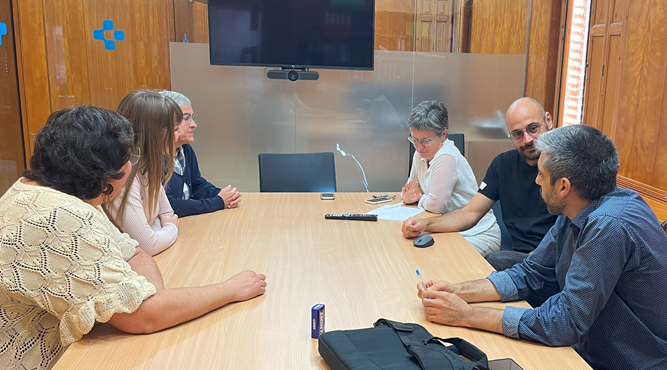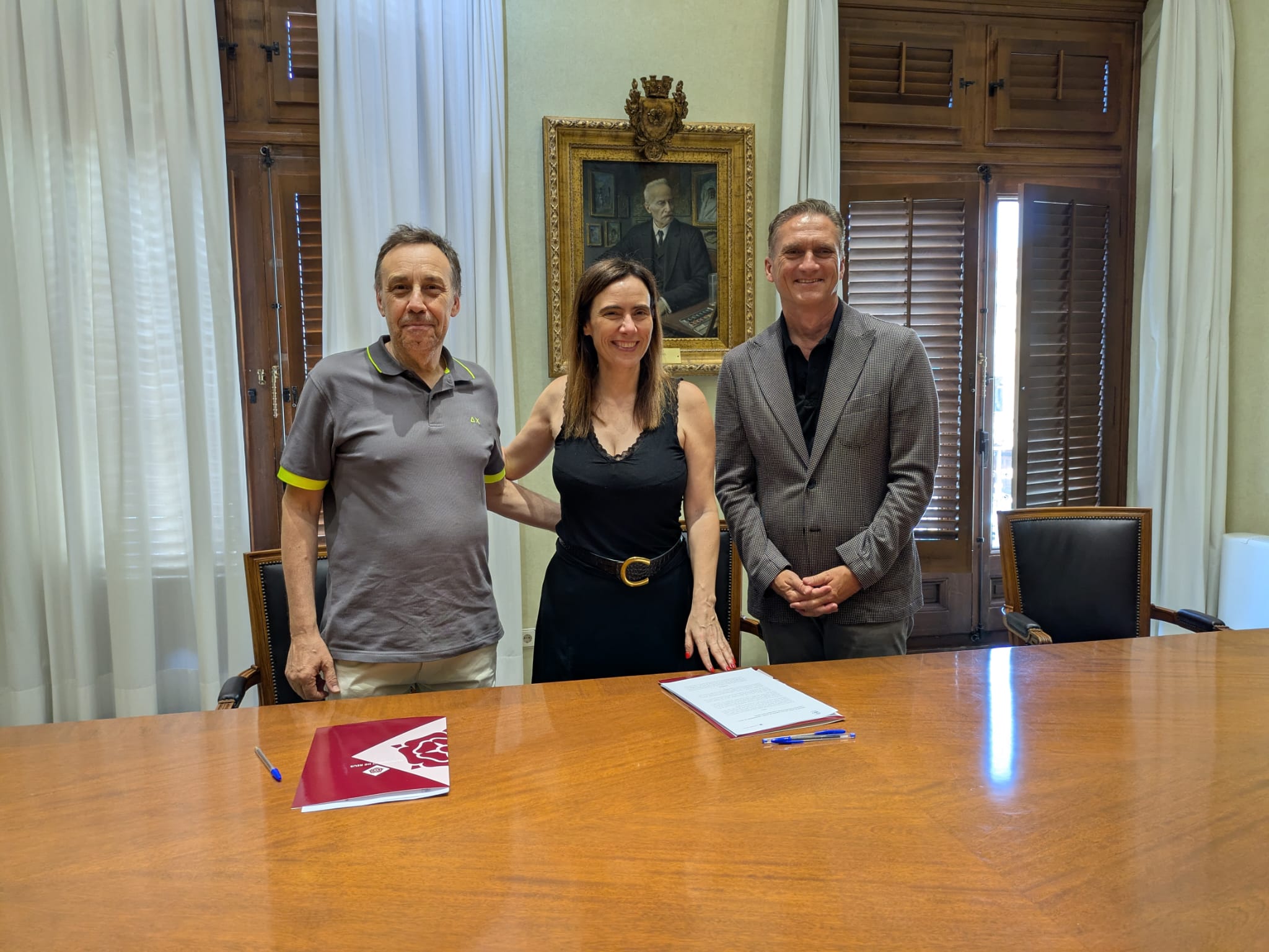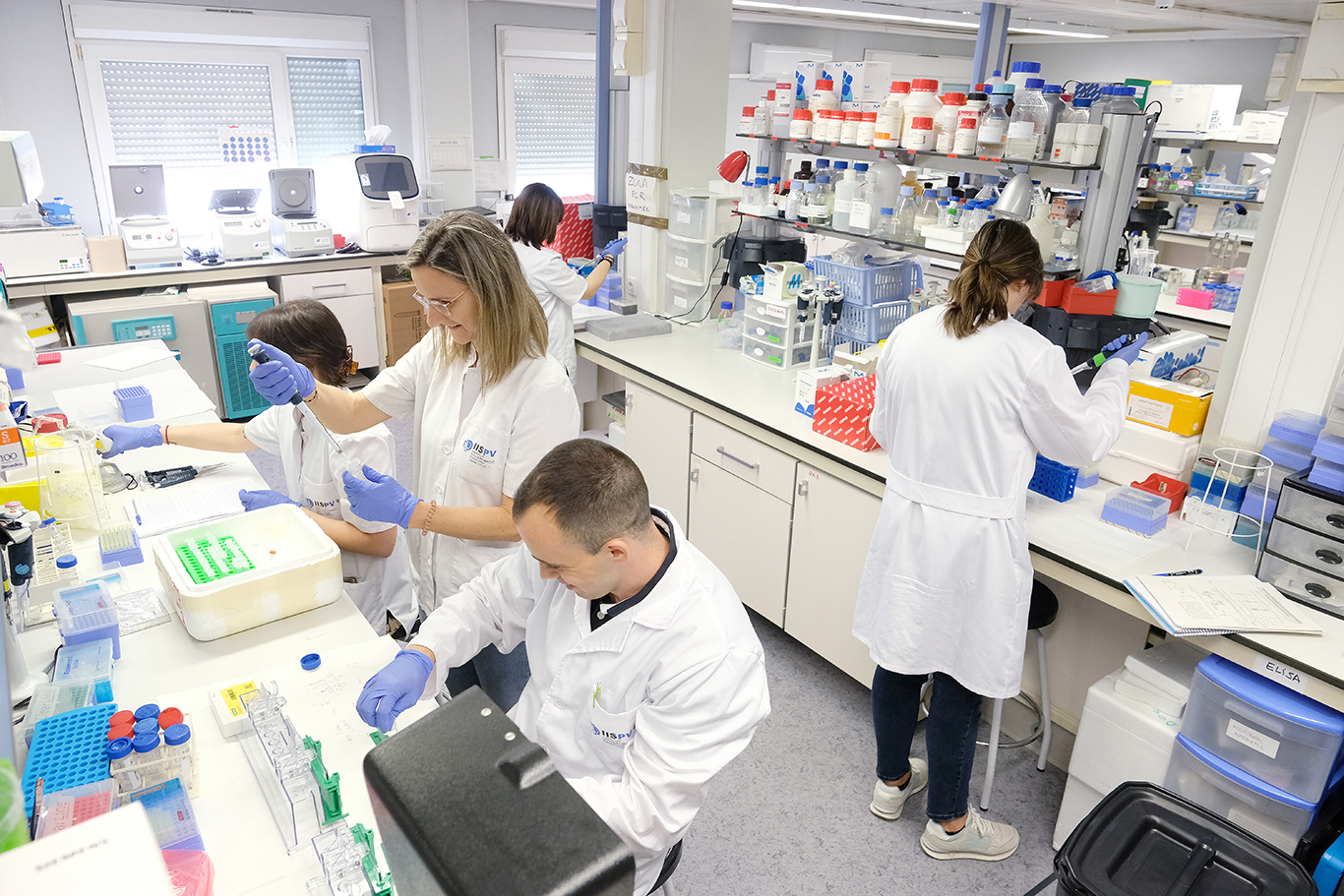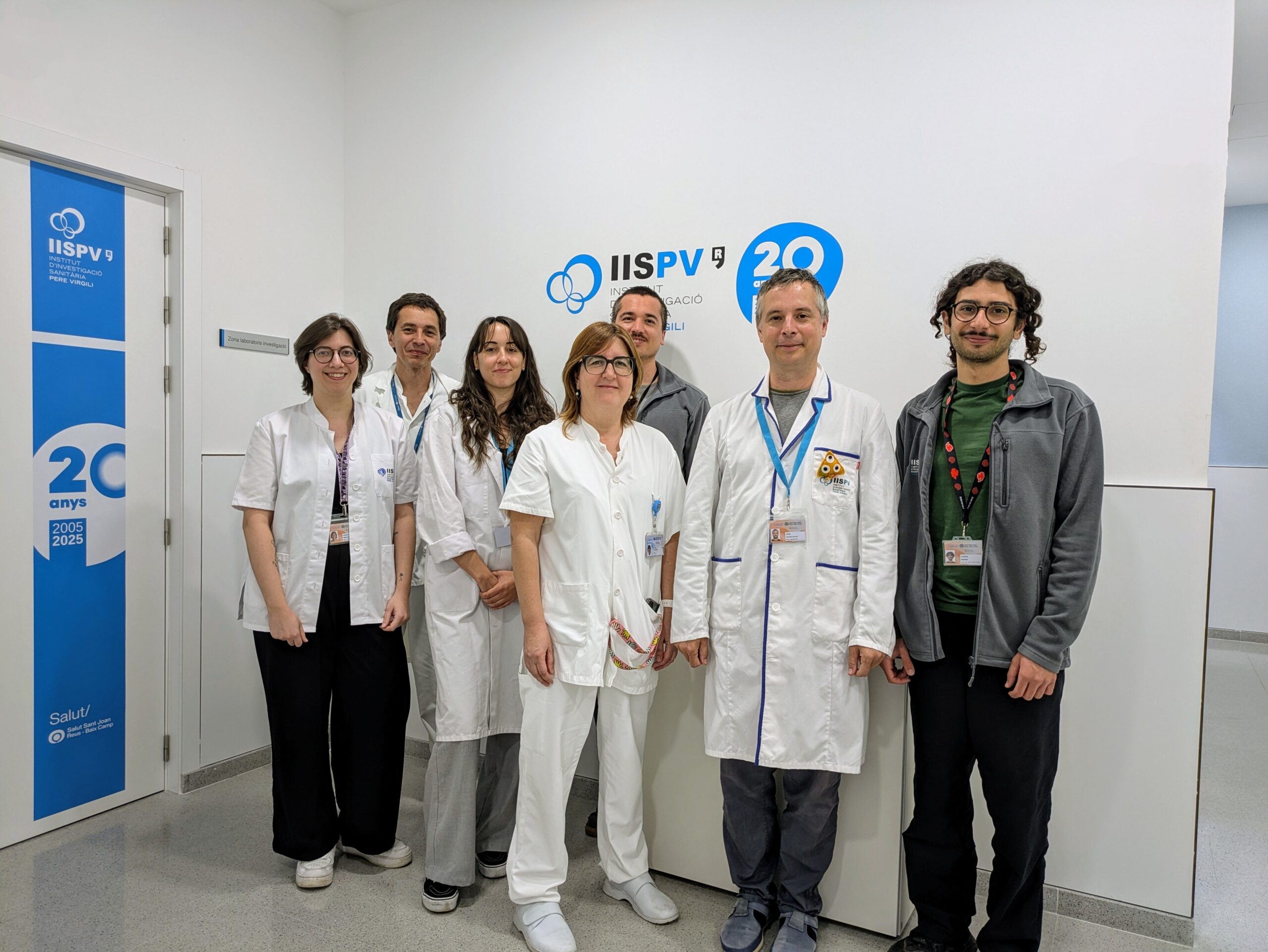
Reus, 14 November 2024. One in four people will suffer a mental disorder in their lifetime, according to the World Health Organisation (WHO). In the Camp de Tarragona health region, the professionals at the Hospital Universitari Institut Pere Mata attend to more than 13,600 people with psychiatric diagnoses at its centres every year (including children, young people and adults). These data show that mental health has become a major issue in our society and that it is urgent to address the diversity of realities that derive from it. One of them is the improvement of treatments and diagnoses, thanks, to a large extent, to scientific advances in this field.
In this sense, researchers from the Research Group on Genetics and Environment in Psychiatry (GAP) of the Pere Virgili Institute for Health Research (IISPV) and the Pere Mata University Hospital have set up a working group in which patients and relatives participate, so that the latter can help to improve the reports they are given with the evaluation of the tests they are given when they participate in a study.
‘Some of the studies we carry out envisage the possibility that we could incorporate what is called an outcome report, through which we give feedback to the people we have tested on the results of the tests. It would therefore be a matter of these participants helping us to make these reports more comprehensible and attractive, according to what they consider, since, at the end of the day, they are the main stakeholders; improving their health and quality of life is the reason why we do research,’ explains Dr. Elisabet Vilella, head of the GAP research group and deputy director of the IISPV.
Another of the functions of the participation of patients with a mental health diagnosis and their families in this working group is to help the GAP research group to design the programme of open days that will take place in spring 2025 and which will open the facilities of the Hospital Universitari Institut Pere Mata to the public. The aim of the activity is that all those interested can learn about the latest advances in mental health that are being carried out (specifically, the projects that will be presented have received funding from the Fundació la Marató). Those who attend will also be able to speak directly to the researchers who are making these studies possible, and ask them any questions they may have.
This initiative is part of what is known as Citizen Science, which aims to involve citizens in scientific studies and projects, so that research and the findings that make it possible can respond to people’s real needs. It is an innovative approach that will allow science to move towards a more global and inclusive approach.
Below, we share first-person testimonials from members of this working group. The aim of the working group is to improve the communication of research results on this type of disease:


